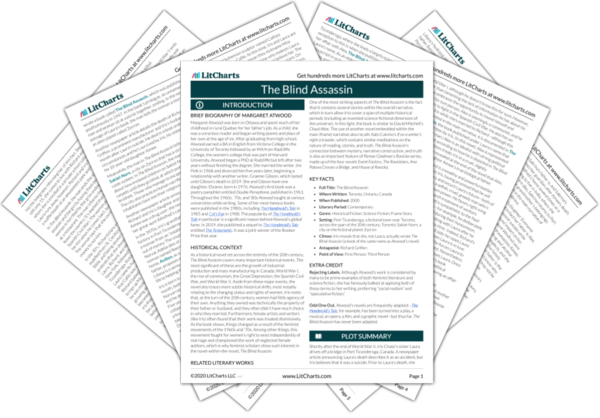In this part of the novel, Laura becomes an increasingly sympathetic character. Whereas before she might have been characterized as overly sensitive and naïve, at this point she has proven herself to be headstrong, independent, and willing to support herself. Yet she remains completely trapped by the social norms of the time, which dictated that women were to be controlled by their closest male relative. Because Laura isn’t married and her father is dead, this relative is Richard.
